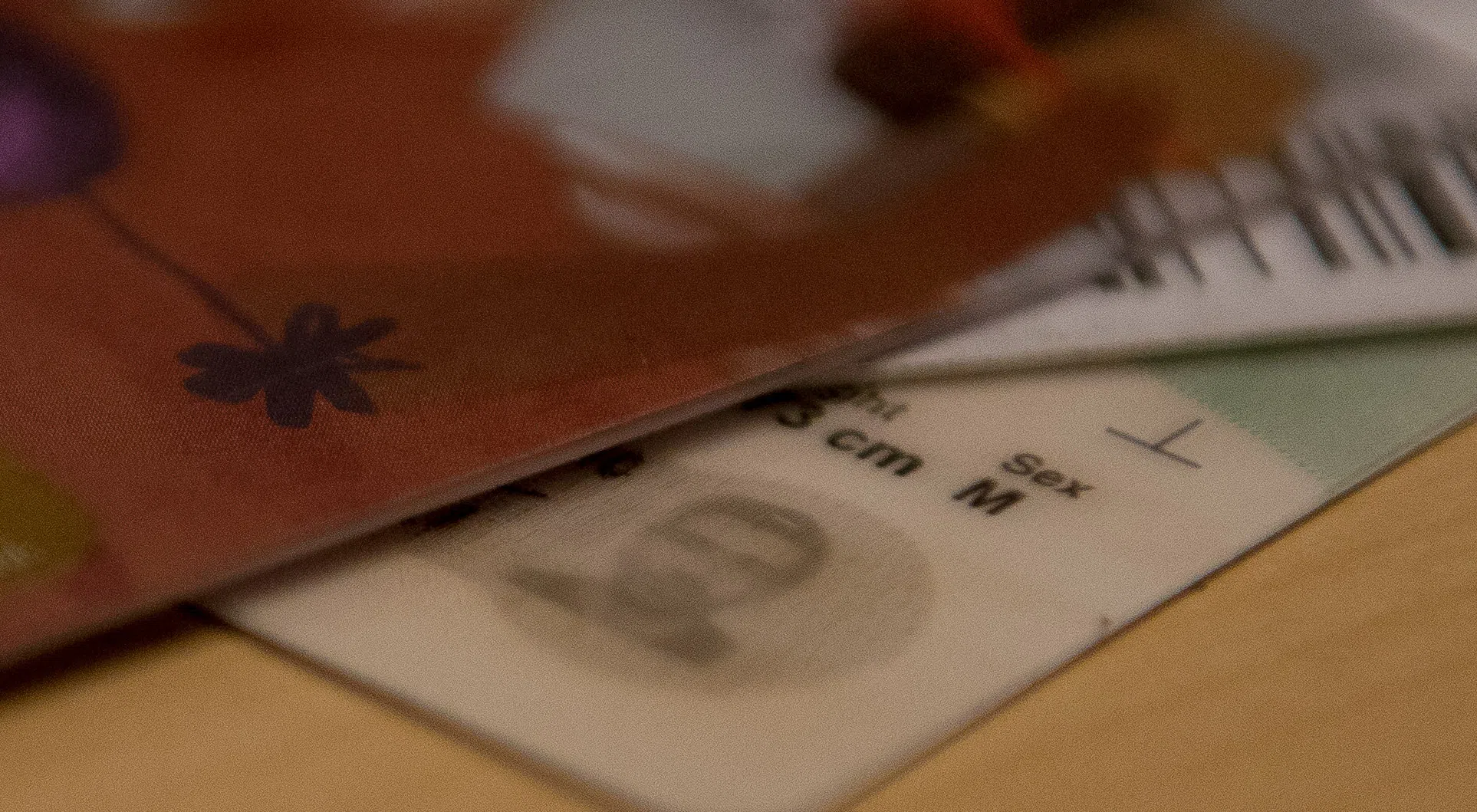
Local supports push to remove gender markers from ID
Dexton Bourne is a non-binary individual. They use the pronouns ‘they’ and ‘their’ rather than ‘he’ and ‘she.’
Bourne does not identify as male or female, making the options available on government issued ID rather limiting.
“I would like to see that change,” the 26-year-old from Prince Albert told paNOW. This comes as the Saskatchewan Human Rights Commission (SHRC) is set to take action against the Saskatchewan government following a human rights complaint.
Saskatoon parent Fran Forsberg first filed the complaint four years ago on behalf of her transgender child, Renn. The province’s Vital Statistics Agency refused to change her child’s birth record from male to female. She claimed her child rights were violated. The SHRC has recently agreed and will be applying to the Court of Queen’s Bench to have gender markers removed from government ID.


